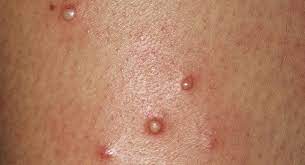
Skin boils are a common skin condition that can be painful and uncomfortable. They are also known as furuncles or abscesses and are caused by bacterial infections of the hair follicles. Boils can occur on any part of the body, but they are most commonly found on the face, neck, armpits, buttocks, and thighs.
Causes of skin boils:
- Bacterial infection: Boils are caused by a bacterial infection of the hair follicles. The most common bacteria that cause boils are Staphylococcus aureus. These bacteria can enter the skin through cuts, abrasions, or hair follicles, and cause an infection.
- Poor hygiene: Poor hygiene can lead to the accumulation of dirt, sweat, and bacteria on the skin, which can increase the risk of developing boils.
- Weakened immune system: People with weakened immune systems, such as those with diabetes, are more susceptible to skin infections, including boils.
- Friction: Friction from tight clothing, shaving, or other activities that cause skin irritation can lead to the development of boils.
- Poor nutrition: A diet that is low in essential nutrients such as vitamins and minerals can weaken the immune system, making the body more vulnerable to infections.
- Exposure to chemicals: Exposure to chemicals, such as those found in harsh cleaning agents, can damage the skin and increase the risk of developing boils.
Preventing skin boils:
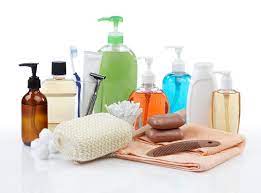
- Practice good hygiene: Regularly washing your hands and body with soap and water can help prevent the accumulation of bacteria on the skin.
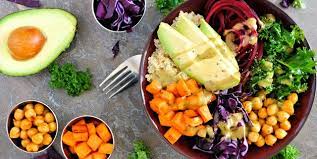
- Maintain a healthy diet: Eating a balanced diet that is rich in vitamins and minerals can help strengthen the immune system and prevent skin infections.

- Avoid tight clothing: Wearing loose-fitting clothing can help reduce friction on the skin, which can lead to the development of boils.

- Keep skin clean and dry: Keeping the skin clean and dry can help prevent the accumulation of bacteria on the skin.

- Avoid sharing personal items: Boils are contagious, and sharing personal items such as towels, razors, and clothing can increase the risk of infection.

- Seek medical attention: If you develop a boil, it is important to seek medical attention. Your doctor may prescribe antibiotics or recommend other treatments to help speed up the healing process and prevent the infection from spreading.
Modern remedies to cure skin boils:

- Antibiotics: If you have a severe or recurrent boil, your doctor may prescribe antibiotics to treat the infection. Antibiotics are also prescribed if the boil has spread or if you have other symptoms like fever.
- Incision and drainage: For larger boils or those that do not respond to antibiotics, a doctor may make a small incision to drain the pus and relieve pressure.
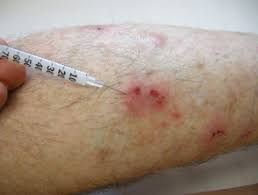
- Steroid injection: In some cases, a doctor may inject a steroid medication into the boil to reduce inflammation and promote healing.
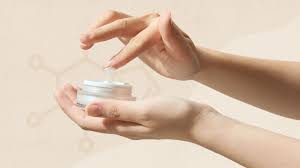
- Topical treatments: Over-the-counter topical treatments, such as antibacterial creams or ointments, can help reduce the size of the boil and prevent further infection.
Home remedies to prevent skin boils:
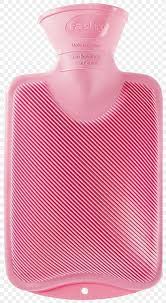
- Warm compress: Applying a warm compress to the boil can help reduce inflammation and encourage drainage. Soak a clean cloth in warm water, wring out the excess, and place it over the boil for 10-15 minutes, three to four times a day.

- Tea tree oil: Tea tree oil has antibacterial and anti-inflammatory properties that can help treat boils. Apply a few drops of tea tree oil directly to the boil or mix it with a carrier oil like coconut oil and apply it to the affected area.
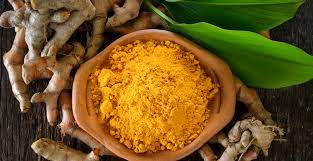
- Turmeric: Turmeric has natural antibacterial and anti-inflammatory properties that can help reduce the size of the boil and speed up healing. Mix a teaspoon of turmeric powder with a few drops of water to make a paste, and apply it to the boil.
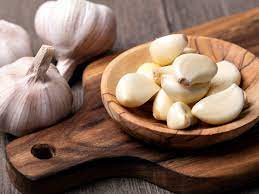
- Garlic: Garlic has antimicrobial properties that can help kill the bacteria causing the boil. Crush a garlic clove and apply it directly to the boil or mix it with coconut oil and apply it to the affected area.
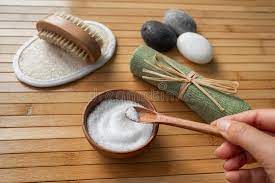
- Epsom salt: Epsom salt can help reduce inflammation and draw out pus from the boil. Dissolve a tablespoon of Epsom salt in warm water and soak a clean cloth in the solution. Apply the warm compress to the boil for 10-15 minutes, three to four times a day.
While medical treatments like antibiotics and incision and drainage can help treat boils, consuming certain foods may also help prevent and treat skin boils.
Some foods that can help prevent and treat skin boils:
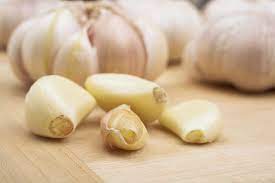
- Garlic: Garlic is a natural antibiotic that can help prevent and treat skin infections. Consuming garlic regularly can boost the immune system and help fight off bacteria that cause skin boils.
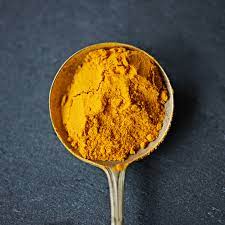
- Turmeric: Turmeric has anti-inflammatory and antimicrobial properties that can help reduce inflammation and prevent the growth of bacteria. Adding turmeric to your diet can help prevent and treat skin boils.
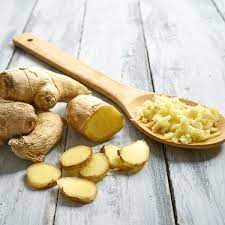
- Ginger: Ginger has anti-inflammatory properties that can help reduce inflammation and pain caused by skin boils. Consuming ginger can also help boost the immune system and prevent the growth of bacteria.
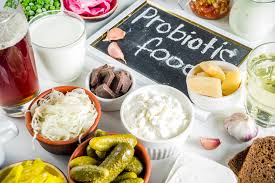
- Probiotics: Probiotics are beneficial bacteria that live in the gut and can help boost the immune system. Consuming probiotic-rich foods like yogurt, kefir, and fermented vegetables can help prevent skin infections like boils.
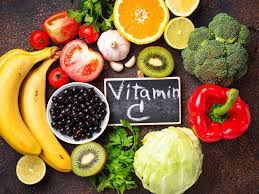
- Vitamin C-rich foods: Vitamin C is an antioxidant that can help boost the immune system and prevent skin infections. Consuming vitamin C-rich foods like citrus fruits, berries, kiwi, and bell peppers can help prevent and treat skin boils.

- Zinc-rich foods: Zinc is a mineral that can help boost the immune system and promote wound healing. Consuming zinc-rich foods like oysters, beef, chicken, and pumpkin seeds can help prevent and treat skin boils.

- Omega-3 fatty acid-rich foods: Omega-3 fatty acids have anti-inflammatory properties that can help reduce inflammation and pain caused by skin boils. Consuming omega-3 fatty acid-rich foods like fatty fish, flaxseeds, and chia seeds can help prevent and treat skin boils.
In conclusion, skin boils can be treated with modern medical treatments and home remedies such as antibiotics, incision and drainage, steroid injections, warm compresses, tea tree oil, turmeric, garlic, and Epsom salt. It is important to maintain a balanced and healthy diet to prevent skin infections and other health issues. If you have a severe or recurrent boil, it is important to seek medical attention.
